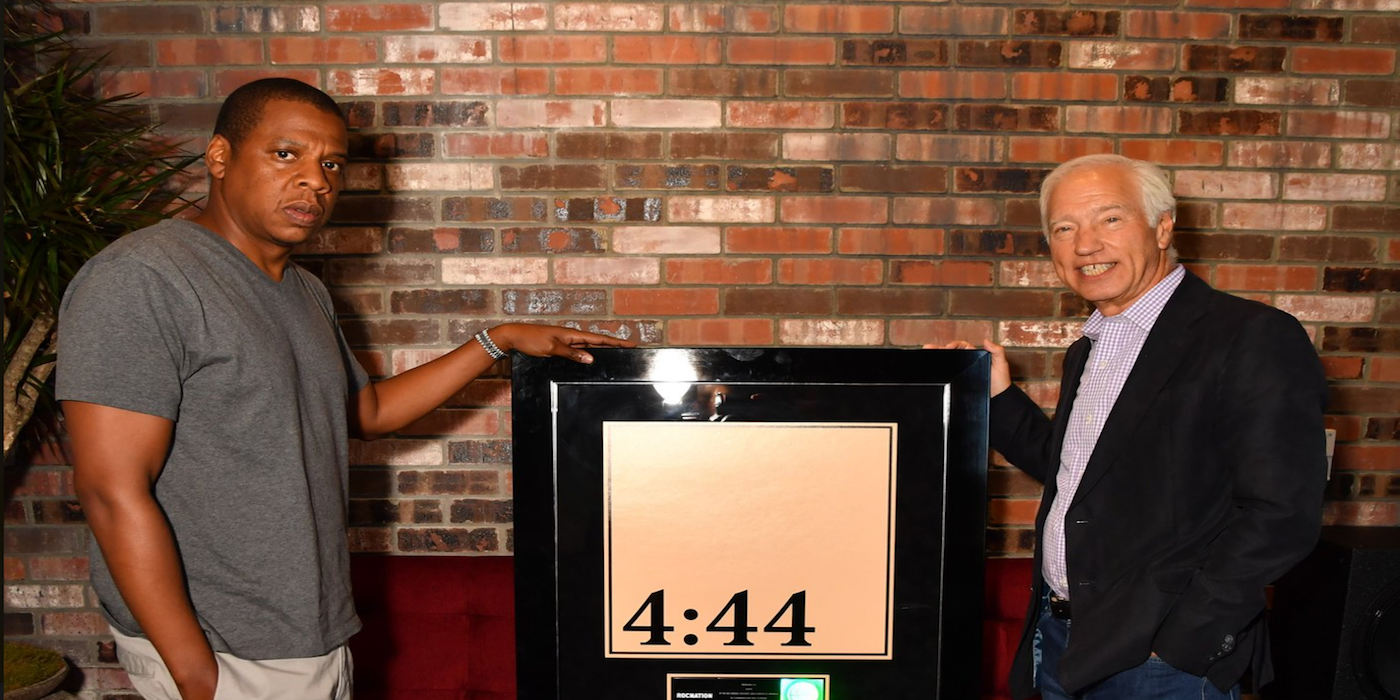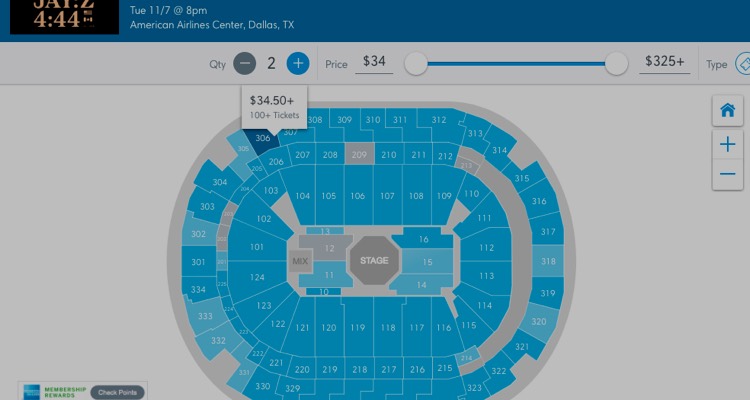

On “Legacy,” he raps of these deals as a means to further his line and benefit his people: “My stake in Roc Nation should go to you/Leave a piece for your siblings to give to their children too/Tidal, the champagne, D'USSÉ, I'd like to see/A nice piece fund ideas from people who look like we.” The move makes sense given that Jay’s defining principle has always been freedom through commerce. (Eventually, all Tidal subscribers were given access.) There is a bit of a disconnect between Jay selling his darkest, most personal album to a corporation, and the added contradiction of championing black-owned business while recouping profits for a telecommunications giant.īut Jay is at least aware of the conflicts and tries to reconcile the inconsistencies-he treats the business venture as another hustle.
#JAY Z 444 ALBUM STREAM FREE CODE#
The latest collaboration was equally inelegant: new and existing Sprint customers were given a complementary Tidal trial those who signed up for Tidal without Sprint after the album was released couldn’t at first access it, unless they had the voucher code “sprint,” which came with a download. As a test run, Magna Carta was beamed into a million Samsung phones as a harebrained attempt to make money and go platinum the day the album was released. Like Magna Carta Holy Grail, 4:44 was originally a Tidal exclusive released in partnership with a company trying to hawk cell phones. That thoughtfulness, of course, comes at a price. 4:44 may lack the Cohiba panache of Jay’s greatest albums, but it’s by far his most thoughtful one.
#JAY Z 444 ALBUM STREAM FREE FULL#
He is alternately full of slick punches (“My therapist said I relapsed/I said, ‘Perhaps I Freudian slipped in European whips’”) and full of pathos (on “4:44”: “I apologize, our love was one for the ages and I contained us/And all this ratchet shit and we more expansive/Not meant to cry and die alone in these mansions” on “Smile”: “The more I reveal me, the more they ’fraid of the real me”). The closing verses on “Smile” and “Marcy Me” are among the most well-balanced and technically sound in a storied career defined by such performances. These are finely-tuned elegies for the old JAY-Z, for the old Brooklyn, for a broken marriage, for rap kayfabe. Some of the flows are rough around the edges, and he isn’t as nimble in and out of cadences as he used to be, but he compensates with carefully considered schemes and a fluidity that has come to characterize his work.

There’s mention of Solange drama and a sneak Kanye diss, but that’s flotsam around the heart of the record. Jay hasn’t been this precise or proficient in a decade, perhaps because he’s finally interested in disclosing the realest parts of himself. Inside these personal revelations, one of rap’s greatest thinkers rediscovers his sharpness. Every angle he creates is informed by blackness (on “Legacy” he raps, “We gon’ start a society within a society/That’s major, just like the Negro League/There was a time America wouldn’t let us ball/Those times are now back”), as “The Story of O.J.” states outright in its hook and “Moonlight” insinuates more subtly. But, above all else, 4:44 is about legacy: how Jay will be remembered, what he’s leaving to his children, what he’s done for the culture, and what he’s trying to do for society. It only takes JAY-Z 36 minutes to create the historical artifact he’s wanted to make for years, a tell-all document to be hung in the halls of rap about infidelity and outgrowing friends, the way family shapes us and the way we carry those burdens into parenthood, and about evolving into more complete versions of ourselves.

This is Hov’s gospel, a Shawn Carter retrospective measuring missteps and triumphs, wondering aloud if his work will appreciate in value, and what exactly is worth valuing. Fatherhood has eroded some of that cool, but 4:44 deconstructs an entire worldview. Before, he was unfadable, the supreme hustler without error. The album is certainly built around a betrayal, but his duplicity, the corresponding apology, and his reassessment are vehicles for his own maturation. 4:44 isn’t JAY-Z’s Lemonade, a response to Lemonade, or a Lemonade companion piece.


 0 kommentar(er)
0 kommentar(er)
